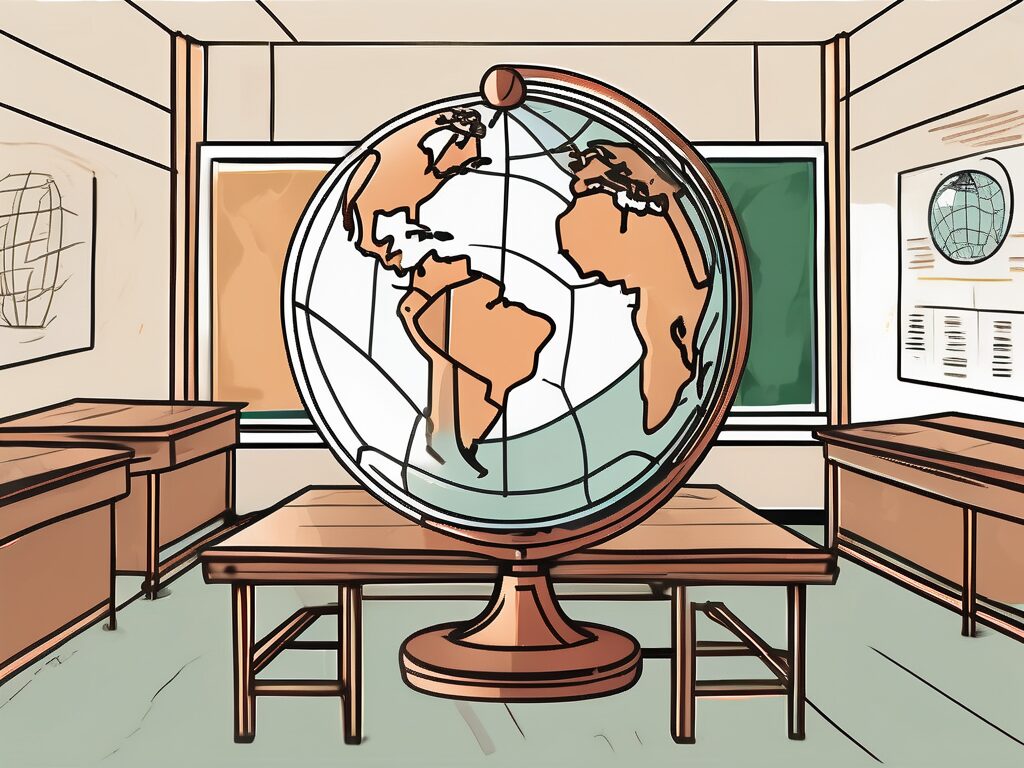Vietnam, a vibrant Southeast Asian country, is renowned for its rich culture, delectable cuisine, and picturesque landscapes. However, beneath this colourful surface, the nation’s public schools grapple with a myriad of challenges, particularly in the realm of international teaching. This blog post delves into the nitty-gritty of the five key issues that international teachers face in Vietnam’s public schools, akin to unravelling a complex tapestry thread by thread.
1. Language Barrier
First and foremost, the language barrier is a significant hurdle for international teachers in Vietnam. Vietnamese, the national language, is vastly different from English, both in terms of grammar and pronunciation. This linguistic chasm can make communication with students and staff incredibly challenging, much like trying to navigate a labyrinth without a map.
Moreover, the level of English proficiency among students varies widely, with some students having a solid grasp of the language, while others struggle with even the basics. This disparity can make it difficult for teachers to deliver lessons effectively, akin to trying to play a symphony with an out-of-tune orchestra.
2. Cultural Differences
Another significant challenge is the cultural differences between Vietnam and Western countries. These differences can manifest in various ways, from teaching methodologies to classroom etiquette, and can often feel like trying to solve a Rubik’s cube with ever-changing colours.
For instance, Vietnamese classrooms tend to be teacher-centred, with students expected to listen and absorb information passively. This contrasts sharply with the more interactive, student-centred approach favoured in many Western countries. Adapting to this different teaching style can be a steep learning curve for international teachers.
3. Limited Resources
Resource constraints are another major issue in Vietnam’s public schools. Many schools lack the necessary teaching aids and materials, making it difficult for teachers to deliver engaging and effective lessons. It’s akin to trying to paint a masterpiece with only a handful of colours at your disposal.
Furthermore, the lack of resources extends to training and professional development opportunities for teachers. This can hinder their ability to improve their teaching skills and stay abreast of the latest educational trends and methodologies.
4. Large Class Sizes
Large class sizes are a common feature in Vietnam’s public schools, with many classrooms packed to the brim with students. This can make it challenging for teachers to manage the class effectively and provide individual attention to students. It’s like trying to juggle too many balls at once, with the risk of dropping one always looming.
Moreover, the noise and chaos that often accompany large classes can make it difficult for teachers to maintain a conducive learning environment. This can negatively impact the quality of education and the overall learning experience for students.
5. Bureaucracy and Red Tape
Last but not least, bureaucracy and red tape can pose significant challenges for international teachers in Vietnam. Navigating the complex web of rules and regulations can be a daunting task, akin to trying to find your way through a dense forest without a compass.
From obtaining work permits to dealing with school administration, the bureaucratic hurdles can be time-consuming and frustrating. Furthermore, the lack of transparency and consistency in the application of rules can add to the confusion and uncertainty.
In conclusion, while teaching in Vietnam’s public schools can be a rewarding experience, it also comes with its fair share of challenges. However, with patience, perseverance, and a willingness to adapt, these hurdles can be overcome. After all, every challenge is an opportunity for growth and learning.
Elevate Your Teaching Career with IPGCE
Confronting the challenges of international teaching in Vietnam’s public schools requires not just resilience, but also the right qualifications. IPGCE understands the hurdles you face, from stringent qualification requirements to the need for a supportive professional community. Our International Postgraduate Certificate in Education (iPGCE) is the beacon that guides you through these challenges, enhancing your credentials, connecting you with a global network, and deepening your understanding of diverse education systems. Embrace the opportunity to advance your career, increase your salary, and join the UK’s #1 Teacher Training Course. Join our community of educators and transform your professional journey today.

